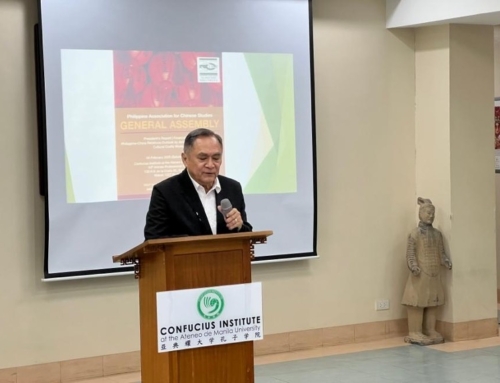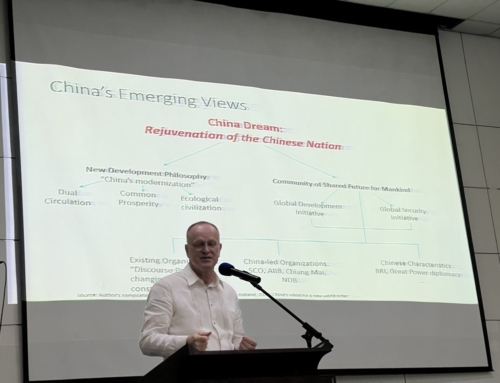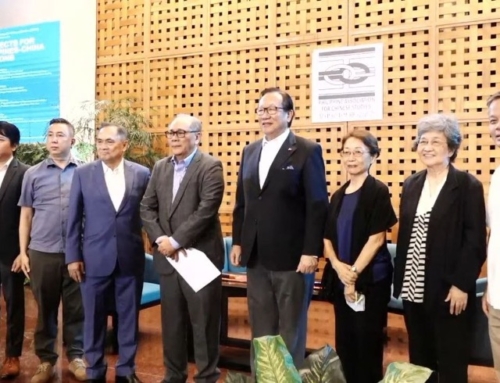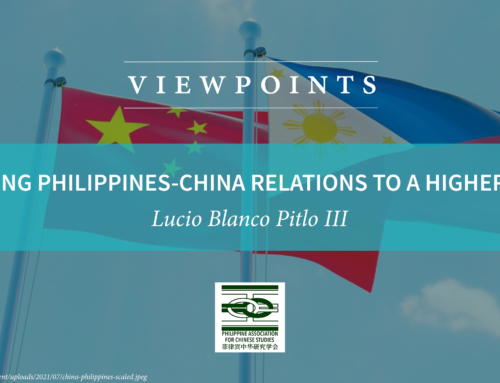PACS Webinar: Should the Philippines Worry About China’s New Coast Guard Law?
Subscribe
Login
0 Comments
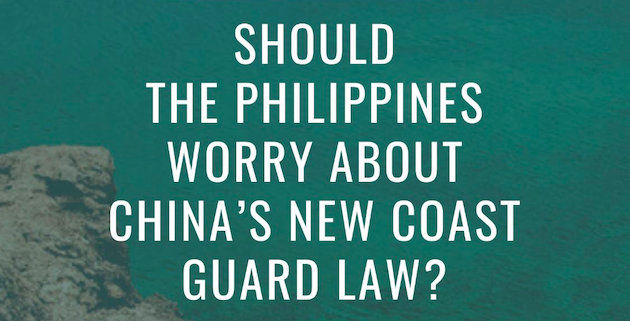
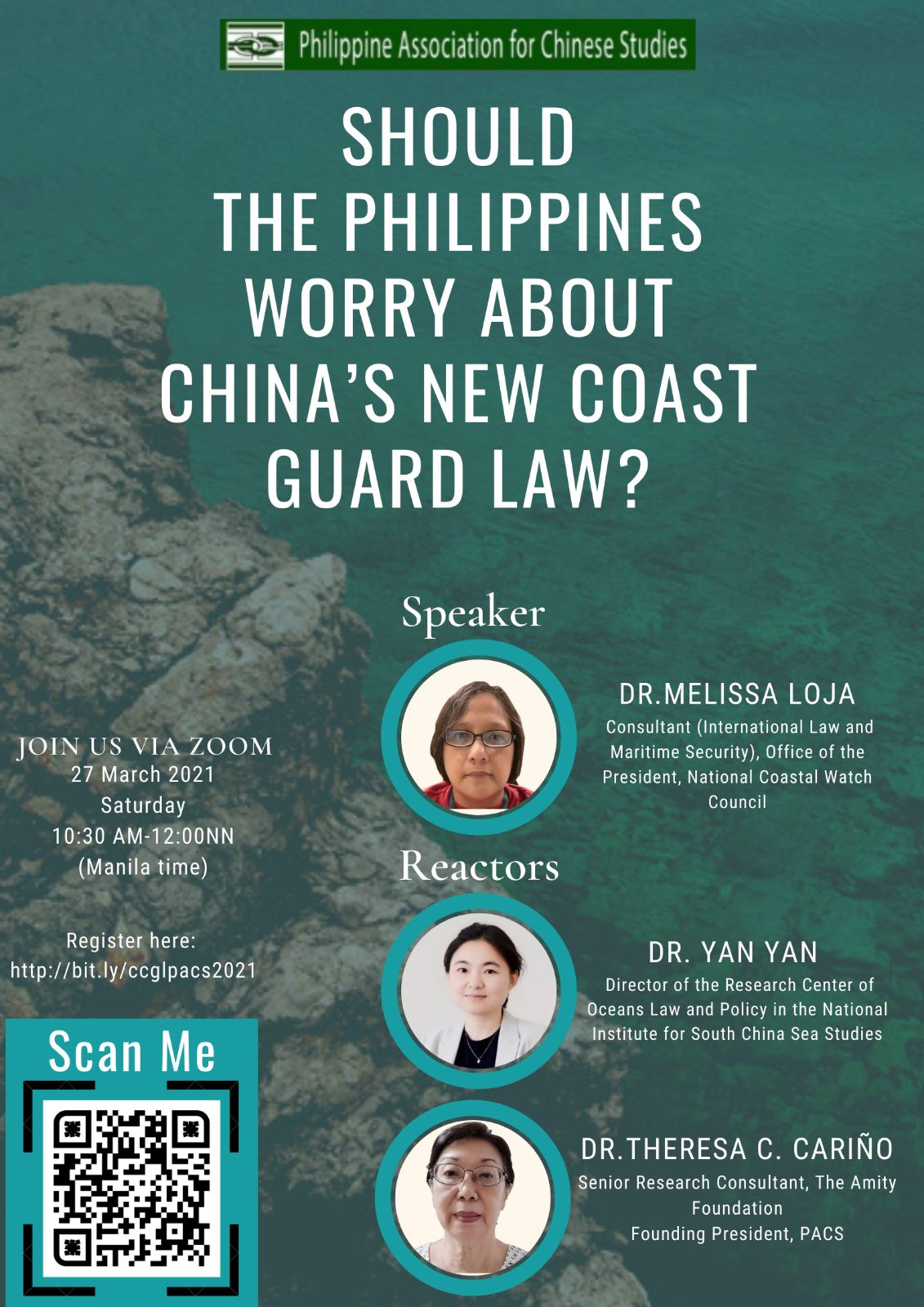 Dr. Melissa Loja, National Coastal Watch Council’s Consultant for International Law and Maritime Security, discussed the Chinese Coast Guard (CCG) Law from the perspective of international law and comparative law, as well as the existence of transnational and regional standards by examining the coast guard laws of the United States, Vietnam, Japan, and the Philippines. According to the 15 specific precedents of customary norms declared by the International Tribunal for the Law of the Sea (ITLOS), there is no uniformity and compatibility in terms of national norms. Regardless of whether the norms adhere to international standards, they at the very least require self-defense to justify the use of lethal force.
Dr. Melissa Loja, National Coastal Watch Council’s Consultant for International Law and Maritime Security, discussed the Chinese Coast Guard (CCG) Law from the perspective of international law and comparative law, as well as the existence of transnational and regional standards by examining the coast guard laws of the United States, Vietnam, Japan, and the Philippines. According to the 15 specific precedents of customary norms declared by the International Tribunal for the Law of the Sea (ITLOS), there is no uniformity and compatibility in terms of national norms. Regardless of whether the norms adhere to international standards, they at the very least require self-defense to justify the use of lethal force.